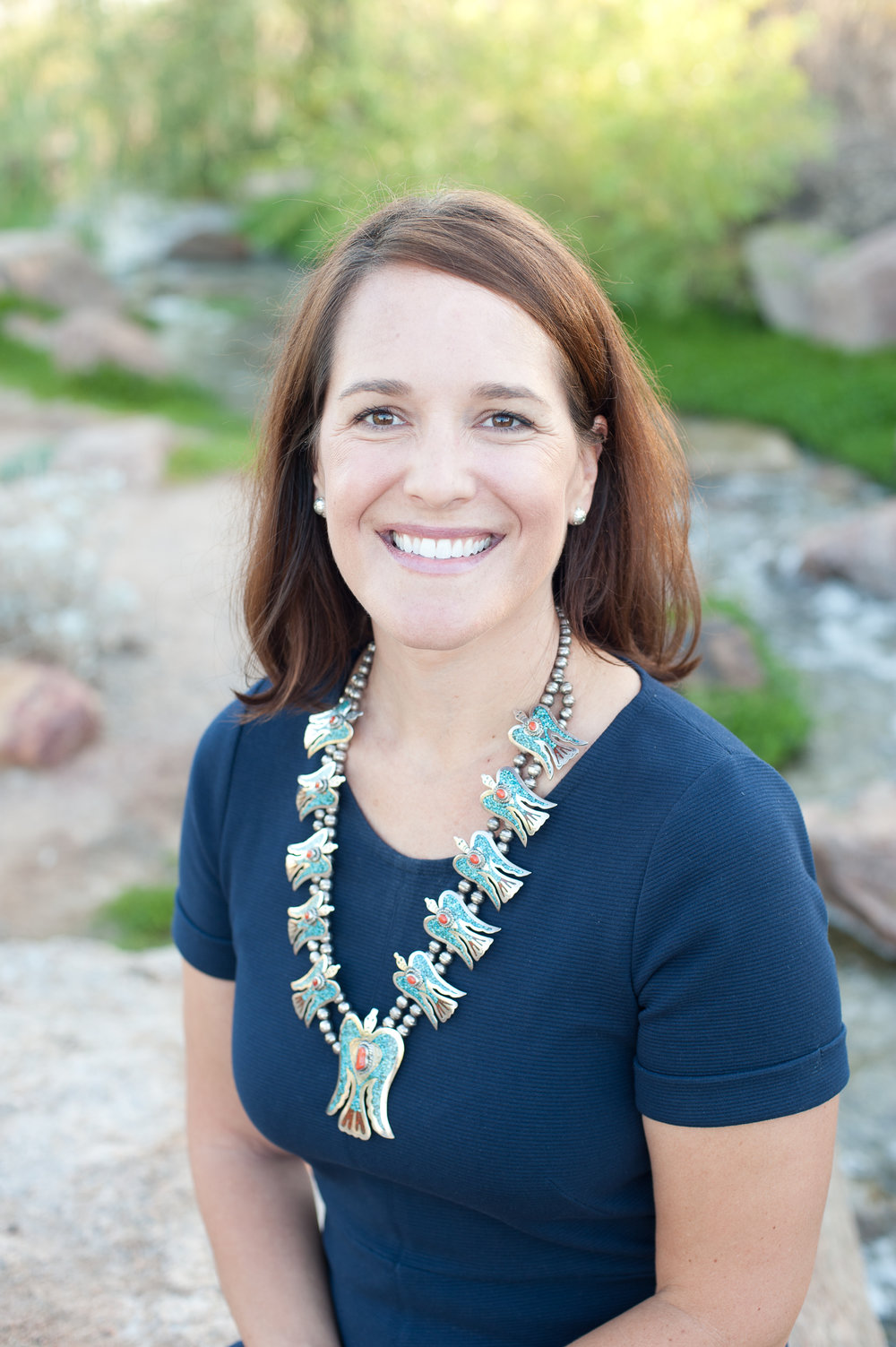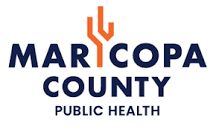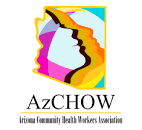Kelli Donley Williams – AZPHA President
I had the opportunity to sit down with AzPHA member Gordon Jensen and board member Dr. Kara Geren for coffee recently. We came together to discuss AzPHA’s priority in improving firearm safety statewide. While we visited and shared our interest in the work, we also shared the reality that working in public health can often feel thankless. We batted around small wins over the years and how to be personally satisfied with this field, you have to have the ability to celebrate the small joys and recognize when they become big wins.
Gordon shared with us a quote from Dan Gross, President of the Brady Campaign to Prevent Gun Violence, which ran in “The Nation’s Health in May 2015: “Our goal is not to ban guns any more than the goal of automobile safety is to ban cars. It’s simply to make the products as safe as possible and keep them out of the hands of the wrong people.”
This comparison brought the three of us to discussing ashtrays as a standard feature in American-made vehicles. We laughed realizing ashtrays in cars are longer the norm. There wasn’t a parade for this design update, or likely even a press release. But it came after decades of public health officials crying for national changes to discourage tobacco use. Think of the countless community coalitions, neighborhood groups, voters, and more who came together to say smoking is a smelly, puking habit.*
This isn’t a small joy, but a huge win. If you want to smoke in your car today, it is nowhere near as convenient as it once was.
Whether you’re early in your career in public health, looking at retirement, or like me and somewhere in between, I hope you’ll take a moment to consider your public health wins. You are part of a bigger whole working every day to make our communities stronger, healthier, and better places to live. We’re going to keep banging on the drum and working to build new partnerships to come up with solutions. It may feel thankless somedays, but I’m grateful you’re here.
*High fives to all Arizona kids who saw these commercials in junior high like I did and immediately swore off ever trying cigarettes. And higher fives to those at ADHS who made that statewide campaign a reality, hopefully forever reducing tobacco rates in Arizona.





